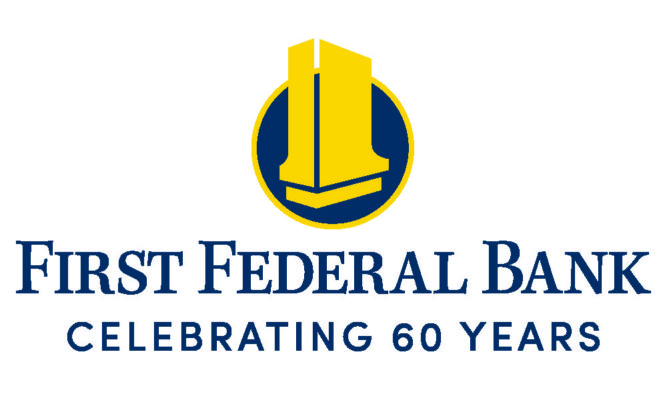First Federal Bank
The Benefits of a Health Savings Account
photos by SUSAN DELOACH
 A Health Savings Account (HSA) offers a wealth of benefits. It can help you save on taxes, aid in bolstering your retirement fund, and earn tax-free interest on your savings. Forbes contributor John Goodman claims no other savings vehicle can top an HSA. However, specific HSAs are tailored to meet distinct needs. In order to maximize your savings, it’s important to understand the nuances …
A Health Savings Account (HSA) offers a wealth of benefits. It can help you save on taxes, aid in bolstering your retirement fund, and earn tax-free interest on your savings. Forbes contributor John Goodman claims no other savings vehicle can top an HSA. However, specific HSAs are tailored to meet distinct needs. In order to maximize your savings, it’s important to understand the nuances …
The first major benefit of an HSA is that your contributions are tax-deductible up to a yearly limit. The money in your HSA can then grow, free of taxes, as long as you keep it in the account. When it’s time to pay for healthcare expenses, you won’t have to pay income taxes on your gains.
Since there’s a yearly limit on how much tax-free money you can contribute to an HSA, it’s best to start young. If you’re 55 or older, you can contribute an additional 1,000 dollars annually as a catch-up contribution.
To use an HSA, you have to choose a plan that meets certain requirements. Check with your insurance broker or employer to see if your plan is HSA compatible. As with any tax-advantaged account, you can face penalties if you withdraw the money for nonhealthcare-related purposes before you turn 65. Once you reach age 65, you can withdraw your HSA funds tax free, regardless of whether you’re using them for medical expenses.

If you’re healthy enough to avoid significant medical costs or have enough cash to pay out of pocket, consider an HSA that’s geared toward saving. These accounts will have investment options, offering both actively managed and index funds, alongside the ability to invest in core asset classes. It’s ideal to find an HSA that allows first-dollar investing, although most HSA providers require you to keep $1,000-$2,000 in your account before you can invest it. You should also opt for an account that charges low fees and offers a good interest rate.
 When managed to suit your needs, an HSA can be a powerful investing tool. To learn more about choosing the right HSA for your needs, talk to your insurance provider and a financial advisor.
When managed to suit your needs, an HSA can be a powerful investing tool. To learn more about choosing the right HSA for your needs, talk to your insurance provider and a financial advisor.
Opening an HSA helps to ensure you have pre-tax money set aside for an unexpected doctor’s visit, a dental emergency, or monthly prescriptions. It makes saving for your future medical needs easy! First Federal Bank, celebrating its 60th anniversary, has a branch in Beaufort and Port Royal, and is ready to open your HSA today.” — Debbie Mattox, Vice President, Financial Manager
Visit a local branch at 1700 Ribaut Rd, Port Royal
or 36 Sea Island Pkwy, Beaufort
https://www.ffbf.com/



